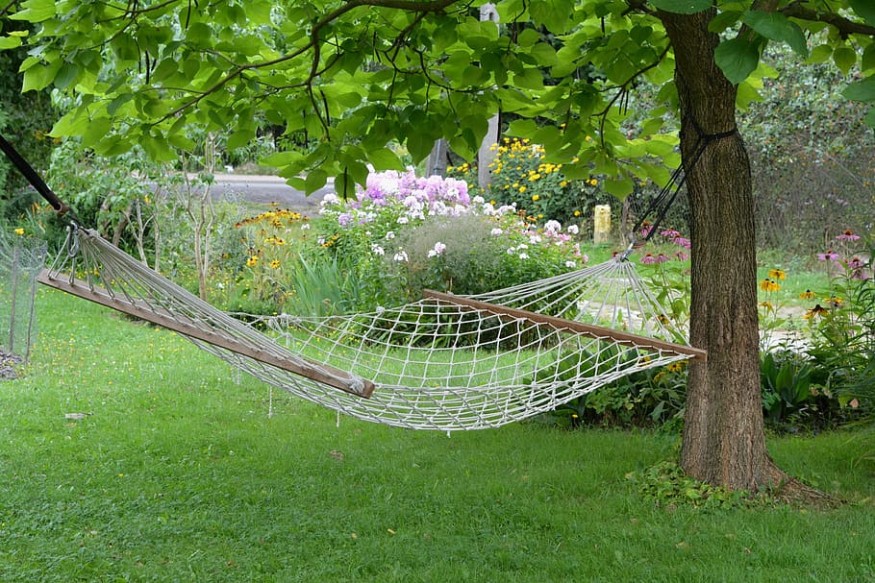
Choosing the right type of grass for your lawn is crucial for maintaining a healthy, attractive outdoor space. Different grass types thrive in various climates and soil conditions. Understanding the characteristics of common grass types can help you make an informed decision about which one is best suited for your lawn.
Here, we explore five popular grass types and provide guidance on selecting the most appropriate option for your needs.
Common Types of Grass
Perennial Ryegrass
Perennial ryegrass is known for its quick germination and establishment. It has a fine texture and bright green color, making it visually appealing. This grass type is often used in sports fields and golf courses due to its durability and ability to withstand heavy foot traffic. Perennial ryegrass thrives in cool-season climates and requires regular watering and maintenance to stay healthy.
Tall Fescue
Tall fescue is a versatile grass type that adapts well to various soil conditions and climates. It has a coarse texture and deep root system, making it drought-tolerant and resistant to wear. Tall fescue maintains its color well during cooler months and can tolerate some shade. This grass type is an excellent choice for lawns in transition zones between warm and cool climates.
Bahia Grass
Bahia grass is a warm-season grass known for its excellent drought and heat tolerance. It has a coarse texture and forms a dense turf that requires minimal maintenance. Bahia grass is well-suited for sandy soils and areas with low fertility. While it may not have the fine appearance of some other grass types, it's an excellent choice for low-maintenance lawns in warm, coastal regions.
Bermuda Grass
Bermuda grass is a warm-season grass that spreads quickly and forms a dense, durable turf. It has excellent heat and drought tolerance, making it popular in southern regions. Bermuda grass recovers quickly from damage and can withstand heavy foot traffic. However, it requires full sun and regular maintenance to thrive. This grass type is often used in sports fields and golf courses in warm climates.
Zoysia Grass
Zoysia grass is a warm-season grass that forms a dense, carpet-like turf. It has good drought tolerance and can withstand moderate foot traffic. Zoysia grass maintains its color well during hot summers and requires less frequent mowing compared to some other grass types. It can tolerate some shade but prefers full sun. Zoysia grass is slow to establish but forms a low-maintenance lawn once fully grown.
How To Choose the Best Grass Type for Your Lawn
Selecting the right grass type depends on several factors:
Climate: Consider whether you live in a cool-season, warm-season, or transition zone climate. Choose a grass type that's well-suited to your region's temperature patterns.
Sunlight: Assess the amount of sunlight your lawn receives. Some grass types require full sun, while others can tolerate partial shade.
Soil type: Different grass types perform better in certain soil conditions. Consider having your soil tested to determine its composition and pH level.
Maintenance requirements: Think about how much time and effort you're willing to invest in lawn care. Some grass types require more frequent mowing, watering, and fertilization than others.
Intended use: Consider how you plan to use your lawn. If you expect heavy foot traffic, choose a more durable grass type.
Local regulations: Check with your local authorities or homeowners' association for any restrictions on grass types in your area.
By considering these factors and the characteristics of each grass type, you can choose the most suitable option for your lawn. Remember that you may need to blend different grass types to achieve the best results, especially if your lawn has varied conditions.
READ NEXT : 8 Perennial Plants That Are Low Maintenance
© 2026 Realty Today All rights reserved. Do not reproduce without permission.



